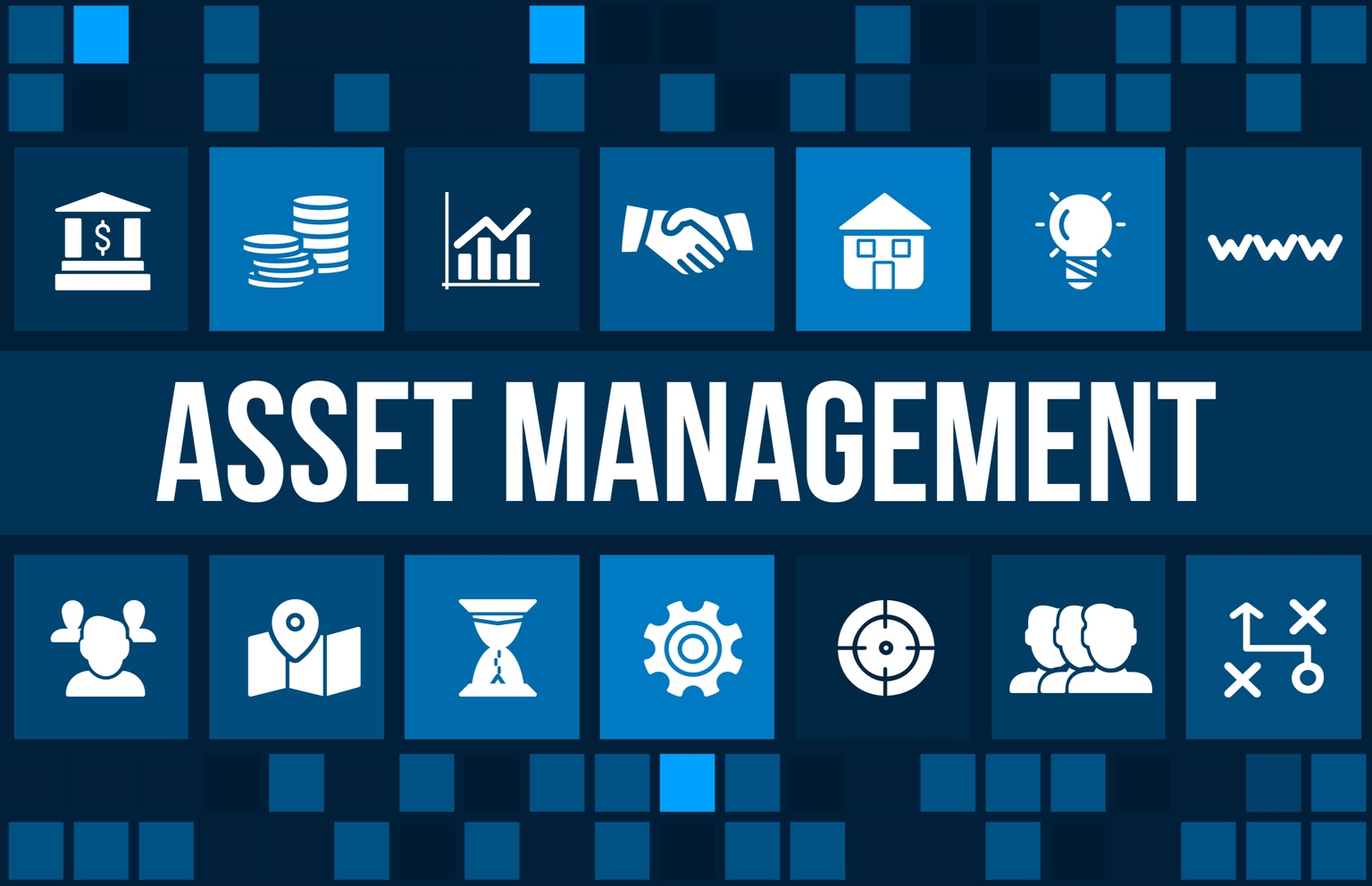Ahmetov_Ruslan/iStock via Getty Images
Listen below or on the go on Apple Podcasts and Spotify
Burry wound up his fund just days after disclosing bets against AI trade. (0:15). Disney tumbles on TV, film weakness. (1:55) AI trade could kill buybacks. (3:39)
This is an abridged transcript of the podcast:
Our top story so far, from Big Short to Big Mystery.
Michael Burry has wound up his hedge fund, Scion Asset Management, just days after making waves by betting against the AI trade.
Scion terminated its registration with the SEC effective November 10. In a letter to investors dated October 27 and confirmed by the Financial Times, Burry wrote, “With a heavy heart, I will liquidate the funds and return capital—minus a small audit and tax holdback—by year’s end. My estimation of value in securities is not now, and has not been for some time, in sync with the markets.”
He added that investors could reach out to associate PM Phil Clifton about his next move. But on X, Burry teased “much better things November 25.”
Last week, Scion disclosed bearish positions in Nvidia (NVDA) and Palantir (PLTR). The man who famously predicted the 2008 housing crisis has recently been warning about inflated AI valuations and creative accounting at hyperscalers. He argues that cloud and AI infrastructure firms are boosting earnings by extending the “useful life” of their assets—what he calls one of the most common modern accounting tricks.
Burry estimates the practice could understate depreciation by $176 billion between 2026 and 2028, overstating profits at Oracle (ORCL) and Meta (META) by more than 20%.
You can check out a full timeline of Burry’s Wall Street arc on Seeking Alpha — where, by the way, we’re having a Black Friday sale with 20% off all products.
In today’s trading, investors are echoing Burry’s pessimism about tech – for this session at least.
The Nasdaq (COMP.IND) is the weakest among the major averages, down 2% in afternoon trading. The S&P (SP500) and Dow (DJI) are off more than 1%.
Some of the biggest decliners include Super Micro Computer (SMCI), Tesla (TSLA) and Palantir (PLTR).
Among active stocks, Disney (DIS) is tumbling on weakness in its traditional TV and film businesses in fiscal Q4 – overshadowing growth in streaming and parks.
Bank of America’s Jessica Reif Ehrlich says Disney’s results are likely to lean heavily on the back half of the year.
The first quarter, she says, will be weighed down by about $150 million in pre-opening and dry-dock costs in the Experiences business, a $400 million hit from tough theatrical comparisons, $140 million in lower political ad revenue, and a $73 million drag from Star India.
On the bright side, Disney announced a 50% boost to its dividend and plans to double share buybacks to $7 billion in fiscal 2026.
Verizon (VZ) — under new CEO leadership promising cost cuts and a turnaround — plans to lay off roughly 15,000 workers and transition about 200 stores into franchises.
The telecom has lost postpaid phone subscribers for three straight quarters as competition intensifies in both home internet and mobile service.
And Firefly Aerospace (FLY) is soaring after a strong earnings report and a Deutsche Bank upgrade to Buy.
Analyst Edison Yu says a fix for the Alpha rocket’s first-stage engine issue gives investors better visibility into Flight #7 — expected late this year or early 2026.
In other news of note, Target (TGT) is hoping a new staff policy will bring shoppers closer — literally.
USA Today says the policy – called the 10-4 program – requires employees within 10 feet of shoppers to smile, make eye contact and wave. If shoppers come closer, within 4 feet, employees must greet them and initiate a warm helpful interaction.
Chief Stores Officer Adrienne Costanzo says: “Heading into the holiday, we’re making adjustments and implementing new ways to increase connection during the most important time of the year.”
And in the Wall Street Research Corner, the race for AI dominance could soon wipe out one of corporate America’s favorite avenues for shareholder return: the stock buyback.
The market may be on the brink of a “de facto Fed tightening,” according to Nomura strategist Charlie McElligott. If growth and inflation reaccelerate — a scenario he says would catch most investors flat-footed — then loose financial conditions could create “such a profound wealth effect via the stock market” that traders would have to price in a less dovish Fed path.
“In that kind of backdrop,” he says, the AI theme — which is the stock market — begins to lean on credit spreads to keep chasing capex, while free-cash-flow burn hits the cash that’s funded buybacks for the past 15 years.
In other words, hello data centers, bye bye buybacks.






